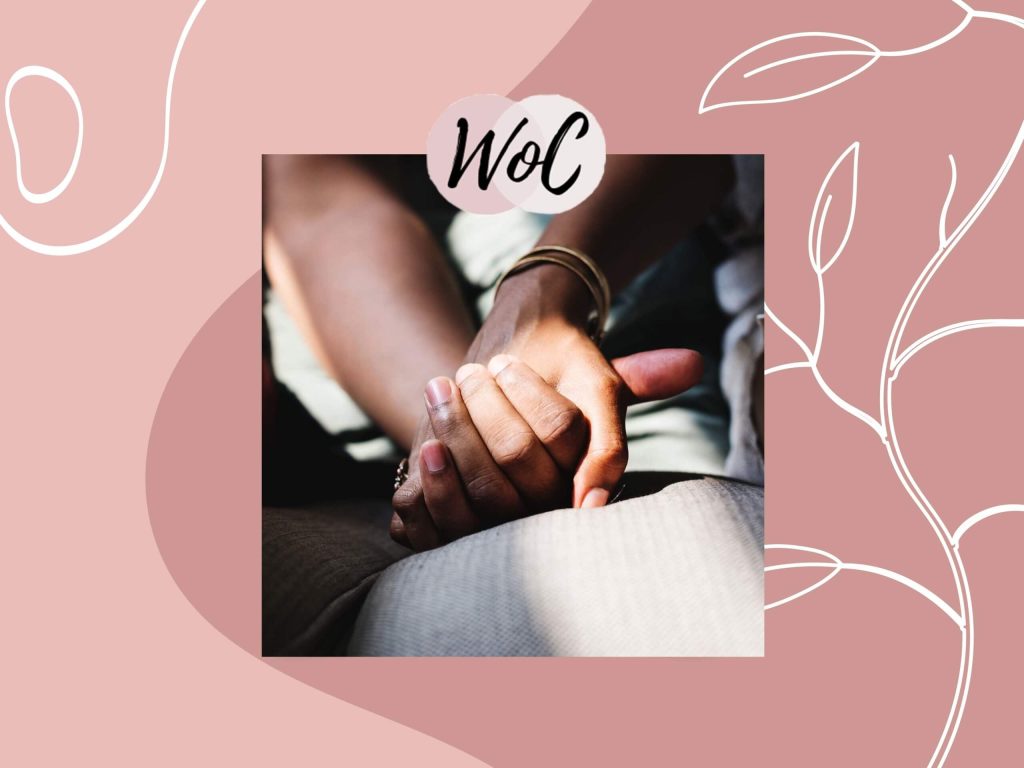If you know how to recognize it, you will know how to deal with it. This may sound like a simple tip, but recognizing microaggressions in everyday life can be more tricky than it seems. In fact, this is something people of color experience so often that a lot of times it goes unnoticed. But if we want things to change, we have to name the problems and deal with them. So how to deal with common microaggressions?
Microaggressions Definition by Wing Sue Derald
The term racial microaggression was coined by psychiatrist Chester Pierce in 1970 to describe racial insults towards black people. Professor of psychology at Columbia Teacher’s College, Wing Sue Derald explains in his book “Microaggressions in Everyday Life: Race, Gender, and Sexual Orientation” that racial microaggressions are daily intentional or unintentional verbal, behavioral, or environmental indignities, insults, hostile, derogatory, or negative comments that are communicated to toward people of color. Here are the main three types of microaggressions:
- Microassault – Intentional and conscious discrimination against people of color by displaying white supremacist symbols.
- Microinsult – Nonverbal, verbal or environmental communications that are aimed to demean a person’s racial heritage or identity.
- Microinvalidation – Every communication that subtly excludes or nullifies the thoughts or feelings of people of color.
Examples of Microaggressions
So what are microaggressions exactly? Maybe the best way to understand this is by looking up at some examples from everyday social life. Here are some of the most common ones:
Where Microaggressions Really Come From?
Microaggressions are something we have all experienced in our life. A lot of times, they come from persons who are not even aware they are sending these subtle racist messages when communicating with people of color. Unintentional discrimination performed by the majority over the minority is so deeply rooted in our society that you can notice it even among mental health professionals.
If you are a woman of color and you seek counseling for women, it may happen you become exposed to some sort of microaggression if the therapist comes from a different background. Therapists who are not aware of their prejudices and biases can unintentionally create an uncomfortable environment for their clients of color, which is why they are often disappointed in the whole process. That is why the need for therapists of color is real, and the number of women of color who seek their help proves it.
How Do Microaggressions Actually Harm People?
Now that you know what microaggressions are and the microaggressions, meaning it is time to explain how they affect people, but especially women of color. As women of color, we are constantly exposed to some sort of microaggressions, whether they are based on our race or gender, the prejudice and stereotypical comments are all around us. What is so dangerous about this is that it is so subtle that it may go unnoticed or noticed but without a proper reaction from the person experiencing it.
This leaves a deep psychological impact and a feeling of worthlessness. If you are constantly put down by your friends, neighbors, or coworkers, it can make you feel isolated and excluded. This can sometimes lead to depression among women of color, which is often followed by anxiety symptoms.
That is why it is crucial to seek therapy for women and talk to a therapist who can give you self-care tips and teach you how to deal with racism on a daily basis. Therapists of color will have a better insight into what you are going through and can give you the emotional support you need, and introduce you to some coping mechanisms that will help you overcome these situations.
How Can I Overcome Microaggressions in Everyday Life?
Aside from getting help from a professional counselor for women, there are also some things you can do on your own. When you are in the middle of a conversation with a person that has been showing signs of racial microaggression, first, you need to ask yourself some of the following questions. According to Dr. Kevin Nadal, who has made a Guide to Responding to Microaggressions, here are some things you need to consider before you speak:
- If I respond, will my safety be in danger?
- If I respond, will this lead to an argument?
- If I don’t respond, will I regret not saying anything?
- If I don’t respond, does this mean I accept this behavior?
Unfortunately, as women of color, we must constantly weigh the circumstances and choose the battles we want to fight. For example, if this aggression is coming from a coworker, this will most certainly produce additional work stress, so talking to HR or someone else first can make things better. However, reporting such events can also lead to more anxiety and stress, so be careful and try to think rationally.
If You Are Experiencing Racism Daily, Therapy for Women of Color Could Help
No matter if you decide to fight these aggressions on a daily basis or if you decide to ignore them, one thing is sure, no matter what you do, exposure to such behavior every day will leave some deep emotional scars. By talking with a therapist, you will learn some coping mechanisms that will help you deal with stress, anxiety, and depression. You will learn the importance of self-care and how not to let these aggressions put you down.
Talk With Close People to Overcome Feelings of Loneliness
If you are wondering if women’s therapy works or you don’t know how to choose counselors for women, you can share with friends and family about what you are dealing with, for starters. They probably have been in similar situations and will understand what you are going through. They will be your support, and by talking with them, you will be reminded of what you are worth and that none of this is your fault. You could also get some advice on how to react and respond next time you find yourself in a situation like that.
Search Counseling for Women Near Me and Get the Support You Deserve
There are many misconceptions about mental illnesses and mental health in general. One doesn’t need to have serious mental health problems to seek help from women’s counseling. In fact, we should all search for a therapy near me and maintain our health in check. Because many mental health illnesses can be prevented if treated on time.
If you are mentally exhausted, which can happen when someone is exposed to prejudice and racism, there is no shame in seeking help from a professional. This doesn’t mean you are weak but only that you are finally deciding to make your well-being a priority. Because costs of keeping everyone happy are high, and there will come a time when you will realize you can never be happy if you are not taking care of yourself first.


